ChatGPT, the artificial intelligence chatbot from OpenAI, has taken the world by storm and has transformed the way we perform everyday tasks. With its advanced language processing capabilities, it has become a go-to solution for people looking for quick answers, whether it's about the weather, the news, or how to cook a recipe.
New open source plugins have made it possible for developers to easily build their own ChatGPT knowledge base solutions. At the heart of these solutions is a data model that converts unstructured data from text, videos, images and more into vector embeddings.
Vector databases are designed to efficiently store and retrieve these high-dimensional embeddings, making them an ideal solution for chat applications that require fast and accurate vector search results. Join Frank Liu, ML architect at Zilliz, for a session on why vector databases are critical to the success of these LLM-based chat solutions and how developers can build powerful chat solutions that deliver quick answers.
In this session, you'll learn:

Frank Liu, Director of Operations & ML Architect at Zilliz
Frank Liu is the Director of Operations & ML Architect at Zilliz, where he serves as a maintainer for the Towhee open-source project. Prior to Zilliz, Frank co-founded Orion Innovations, an ML-powered indoor positioning startup based in Shanghai and worked as an ML engineer at Yahoo in San Francisco. In his free time, Frank enjoys playing chess, swimming, and powerlifting. Frank holds MS and BS degrees in Electrical Engineering from Stanford University.
Watch the webinar